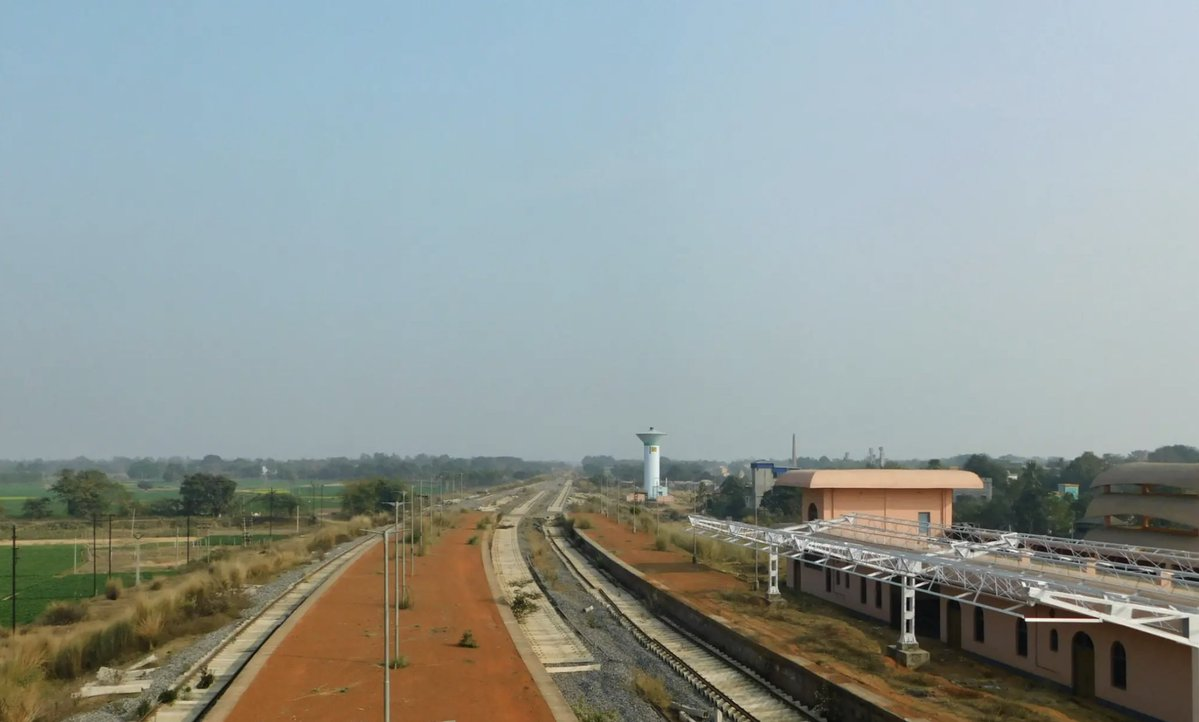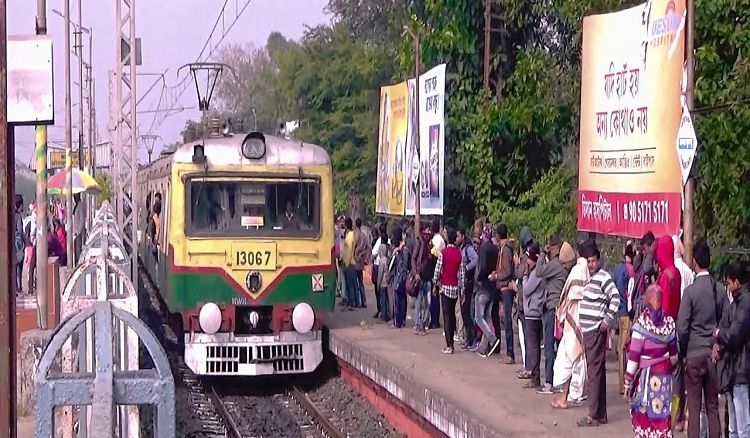In a bid to enhance connectivity and boost tourism in the region, the Eastern Railway has undertaken a remarkable initiative to complete the Tarakeshwar-Bishnupur new rail line project. Once completed, this project aims to transform the rail route, linking the richly historic Pora Maatir or terracotta temples in Bishnupur with the renowned Shiv Mandir in Tarakeshwar.
This new route will pass through the ancestral villages of Ramakrishna Paramhansa and Maa Sarada Devi, i.e., Jayrambati and Kamarpukur. Consequently, initiatives like these are expected to uplift cultural and spiritual heritage while providing the most convenient access for tourists.
The proposed stations along this route, namely Kamarpukur, Jayrambati, Boro Gopinathpur, Maynapur, and Gokulnagar-Joypur, will connect the eastern part of Hooghly district with the Eastern Railway section. Furthermore, by directly linking regions like Prayagraj, Ayodhya, Katra, and Khajuraho, the expanded rail network is set to stimulate local business and market growth.

Currently, the Bishnupur-Jayrambati-Kamarpukur-Tarakeshwar stretch heavily relies on road transport, causing delays and posing risks to travelers. Travelling by local train from Howrah to Goghat takes approximately 2 hours and 30 minutes. However, with the establishment of this new connection, travel time is expected to be reduced by nearly 30 minutes, offering a more efficient alternative.
On the other hand, bus journeys to Bishnupur take over five hours, while commuting via the EMU train will take only about three hours, at a significantly lower fare of Rs 150 to Rs 30. Consequently, the Eastern Railway's initiative is poised to revolutionize travel in the region, offering faster and more affordable options to commuters and tourists alike.
However, despite the anticipated benefits, the rail project has raised concerns among residents living near Bhabadighi and the Goghat-Kamarpukur stretch. These villagers have expressed apprehensions regarding land acquisition for railway track construction. Hence, ensuring the participation of these stakeholders and addressing their concerns will be crucial to fulfilling the promises of this project.
The Tarakeshwar-Bishnupur rail line project is poised to enrich the economic and cultural landscape of the region, presenting a historic opportunity for West Bengal. With the railway authorities now focusing on corporate tourism and socio-economic development, collaboration with all stakeholders is essential to realising the full potential of this railway project as soon as possible.
 বাংলায় পড়ুন
বাংলায় পড়ুন














